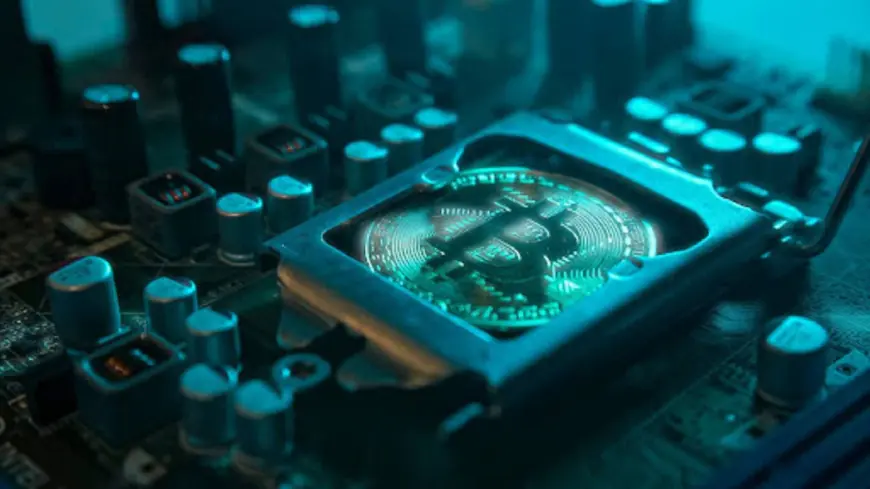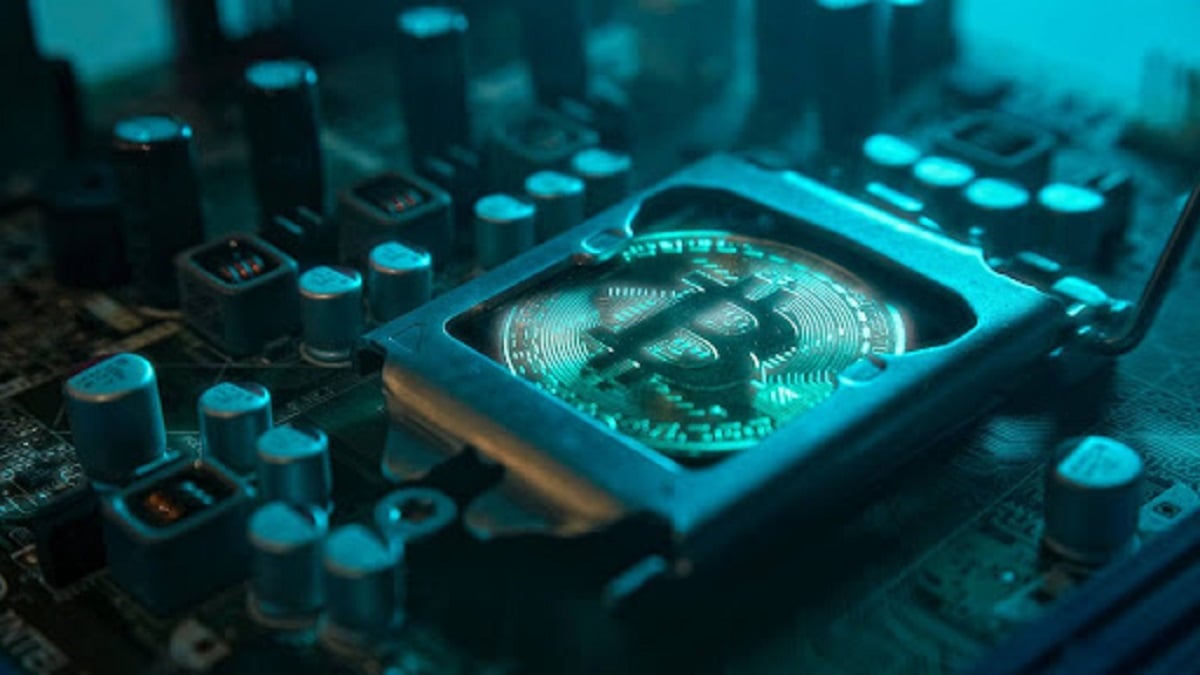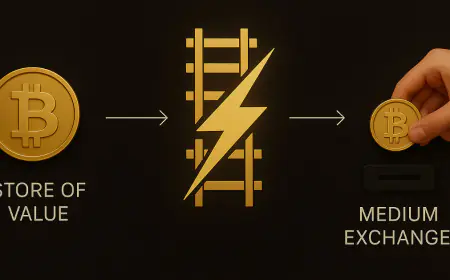Venezuela Bans Bitcoin Mining Amid Power Woes – Could BTC Scarcity Lead to $100K Price?
The Ministry of Electric Power in Venezuela has revealed plans to ban Bitcoin mining from the country’s grid as it grapples with power shortages. While the ban only recently became official, the government has been cracking down on miners and confiscating mining equipment for some time. Venezuela, once one of the friendliest crypto destinations, has [...]


- The Ministry of Electric Power in Venezuela has revealed plans to ban Bitcoin mining from the country’s grid as it grapples with power shortages.
- While the ban only recently became official, the government has been cracking down on miners and confiscating mining equipment for some time.
Venezuela, once one of the friendliest crypto destinations, has banned Bitcoin mining. The South American nation has been grappling with energy demand, and with miners guzzling large amounts of energy, they have become among the first casualties.
The Venezuelan Ministry of Electrical Energy (MPPPE) recently announced the ban, claiming it was acting for the good of the Venezuelan people. On social media, the ministry published a short statement, part of which stated:
The purpose is to disconnect all cryptocurrency mining farms in the country from the SEN, avoiding the high impact on demand, which allows us to continue offering an efficient and reliable service to all the Venezuelan people.
The SEN is Venezuela’s National Electric System, which relies mainly on hydroelectric power. In particular, the country relies heavily on the Simón Bolívar Hydroelectric Plant, a dam in Eastern Venezuela. During seasons of lower rainfall, when the water level in most dams dips significantly, Venezuela tends to suffer from inconsistent power supply.
While the government only recently made the ban official, it has been cracking down on miners it claims have been operating illegally. Local media reports that law enforcement authorities confiscated over 2,000 mining rigs last week in Maracay, a town 120 kilometres southwest of the capital, Caracas.
The crackdown has been taken up by state governments. In the northern state of Carabobo, which has experienced power outages in recent times, Governor Rafael Lacava pledged to continue sniffing out the miners and urged the residents to help as it’s for their own good, stating:
If you, a neighbour, see a house that you know, tell that person to turn off the farm, or else report it, because when they turn off the light you have to give light to a man so that he can earn some reales (money). You are left without electrical service.
Venezuela Joins China and Kazakhstan In Banning Bitcoin Mining
Banning crypto mining isn’t new. Other high-profile nations like China have conducted more stringent purges, which have seen thousands of miners forced to relocate or shut down. This crackdown was the key reason the US became home to the highest number of miners, many of whom fled China.
However, Venezuela’s situation most resembles Kazakhstan and Iran, two nations that welcomed miners for several months but turned against them the moment their power grid couldn’t sustain them.
In Kazakhstan, in particular, the government started the purge by raising the power charges for miners. With electricity taking up the bulk of their costs, this was unsustainable, and many had to relocate. US miners may not face this challenge, with legislators at the state and federal levels proposing regulations that bar the government from treating miners any differently from any other data centre business.
Meanwhile, other South American nations are moving to welcome miners, including Paraguay, where lawmakers described mining as a “gift from heaven,” as Crypto News Flash reported.
Bitcoin trades at $70,943, gaining 5.4% in the past day.
What's Your Reaction?





































































































